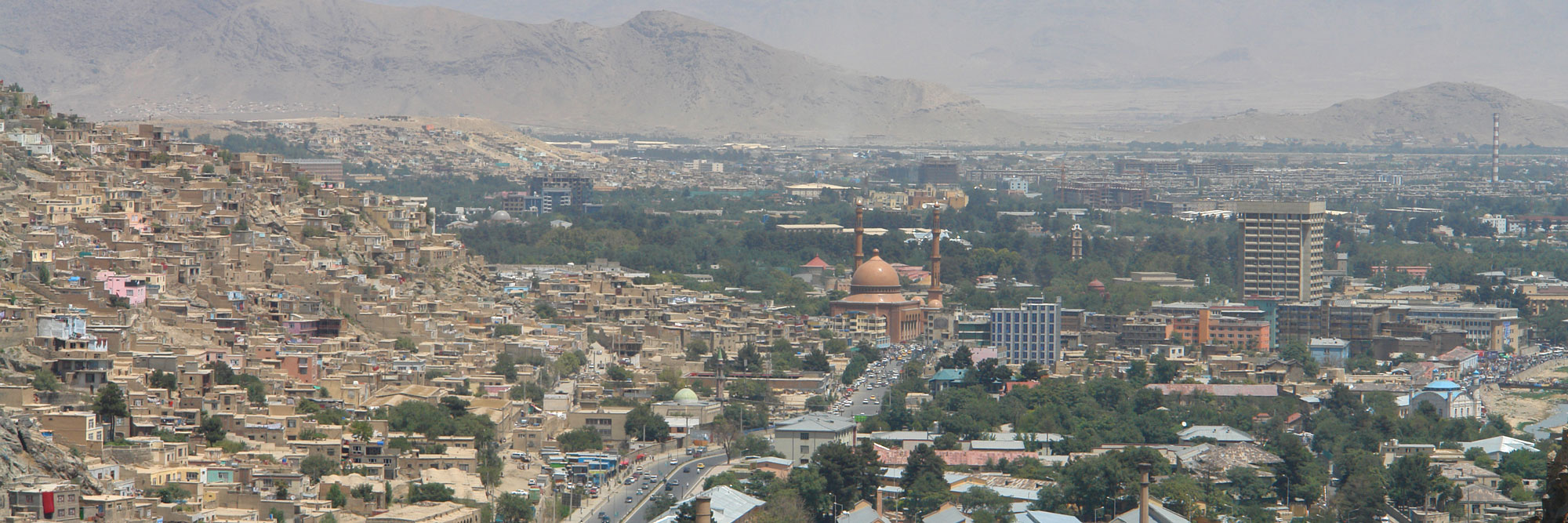
Through the provision of protection, cash-based interactions and livelihood services as well as providing access to shelter, health and education, IRARA offers hope and tangible assistance to the rising number of IDPs throughout Afghanistan.
What We Do
Over 40 years of conflict, natural disasters, and poverty as well as the COVID-19 pandemic have left Afghanistan with an estimated 5 million internally displaced people. The resilience of services for these IDPs is reaching its limit.
IRARA’s work with Returnees (many of whom become internally displaced themselves) and experience in delivering sustainable reintegration services puts us in an excellent position to offer humanitarian support to these individuals. As a Kabul-based NGO with a broad spectrum of skills and experience and a strong network with service providers throughout Afghanistan, we provide the right support to enable individuals to return to their home provinces and to help communities start to rebuild.
How We Do It
Specifically, IRARA offers the following to assist Internally Displaced People and communities:
- Livelihood services
- Cash-based interactions
- Access to education and training – this includes education for young people as well as training and skills development for adults
- Protection – particularly for vulnerable people including women and children
- Transportation services
- Access to temporary and longer-term shelter
- Counselling / legal assistance provision
- Signposting to health services
- Support in rebuilding infrastructure
Outcomes
By identifying groups impacted by the current crisis and pinpointing communities with apparent needs IRARA’s targeted humanitarian and development assistance aims to deliver the following:
- An overall reduction in the number of displaced persons
- Better access to immediate shelter and longer-term accommodation
- IDPs have better access to healthcare, education, and transportation services
- IDPs are supported in their return to their home provinces
- Communities benefit from an increase in skills and knowledge
- Communities are reconnected
- An improvement in food and nutrition security
- A positive impact on employment, communities, and the economy

